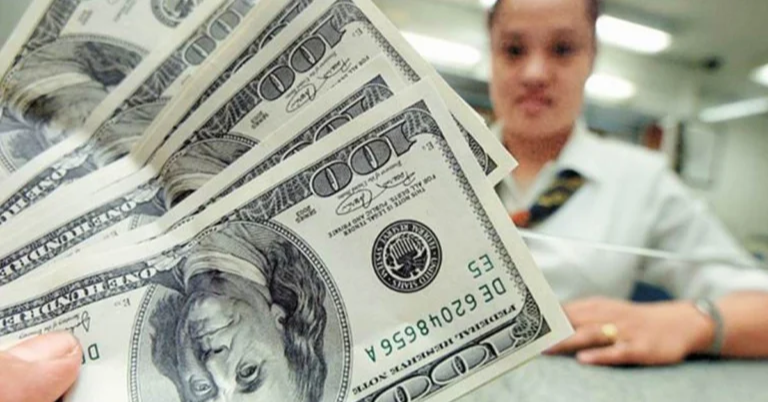
In a regional scenario where economic wars are fought both in the markets and online.
The afternoon of August 3, 2022, marked a key moment for the Cuban economy. Thousands of citizens tuned in to one of the most anticipated editions of the Roundtable, where the opening of an official market for the purchase of foreign currency was announced, with a central rate of 120 pesos per dollar, well above the historic official rate of 24 to 1 and close to the so-called street price.
This step by the State sought to compete with the informal foreign exchange market, which has strengthened in recent years as a result of the crisis caused by the pandemic, the halt in tourism, and the economic blockade imposed by the United States, the repercussions of which are directly felt in the pockets of the population.
In Cuba, the most consulted reference for the value of foreign currencies is not a currency exchange office or a banking institution, but a website: El Toque, a digital media outlet based outside the island that publishes a daily informal exchange rate for the dollar, euro, MLC, and other currencies.
El Toque presents itself as an "independent" media outlet, but its history reveals close ties to foreign agencies and funding sources associated with the United States government.
Through its social media, El Toque "updates" the status of foreign currencies at street prices.
Its sponsors include USAID, the State Department, Freedom House, and the National Endowment for Democracy (NED), entities that have historically funded projects aimed at promoting political destabilization in countries with governments not aligned with Washington.
El Toque not only informs, it also influences. In a context of economic crisis and foreign currency shortages, controlling exchange rate information means controlling a key lever of the national economy.
Beginning in 2020, following the announcement of sales in Cuban stores using MLC—an electronic currency pegged to the dollar and other foreign currencies—a street market emerged for its purchase and sale. The price of the MLC became decisive, not only for the population that accesses basic goods in these stores, but also for the private sector, which depends on this currency for supplies.
It was then that El Toque began publishing its own "exchange rate," an average calculated from advertisements on sites like Revolico, Facebook, and Telegram. Over time, this figure ceased to be a mere reference and became the number that dictates the daily economic pulse, to the point that merchants, buyers, and sellers use it as the official rate, even above the one set by the Cuban government.
This phenomenon is not new. Something similar happened in Venezuela with the platform Dólar Today, launched in 2010 from US territory and run by opponents of the Bolivarian government. Like El Toque, it began as a supposed news source, publishing the "parallel dollar" from exchange offices in Colombia.
Over time, the site stopped reflecting the market and began dictating it. In 2016, the BBC reported that while the Venezuelan government set the rate at 10 bolivars per dollar, Dólar Today published it at 1,000. Its role was so decisive in the economic destabilization that the Venezuelan government filed a lawsuit for financial cyberterrorism.
Despite the Bolivarian government's accusations of halting the terrorist actions of the Dólar Today platform, by 2024 they were still operating currency exchange-related operations in Venezuela.
The logic is simple: if a website establishes itself as a reliable source for determining the exchange rate, it has the power to raise or lower it at will, unleashing direct consequences on inflation, prices, wage purchasing power, and, ultimately, the country's political stability.
Today, El Toque is in the second stage of this process: it is already a common and everyday reference. Its evolution into an entity that imposes the media exchange rate is a real danger to Cuba's financial sovereignty.
Meanwhile, the country is facing a complex economic storm: recovering tourism, depressed exports, an energy crisis, global logistical difficulties, and a tightening blockade.
In this context, allowing the price of the dollar, an essential variable, to be dictated by an actor financed by the same people blockading the country is not only risky but strategically unacceptable.
Beyond the technical debate over exchange rates, what's at stake is the nation's economic sovereignty. Allowing a website to become the arbiter of the national currency's value is tantamount to ceding political power and relinquishing control over one of the most sensitive variables for any economy.
[ SOURCE: teleSUR ]

